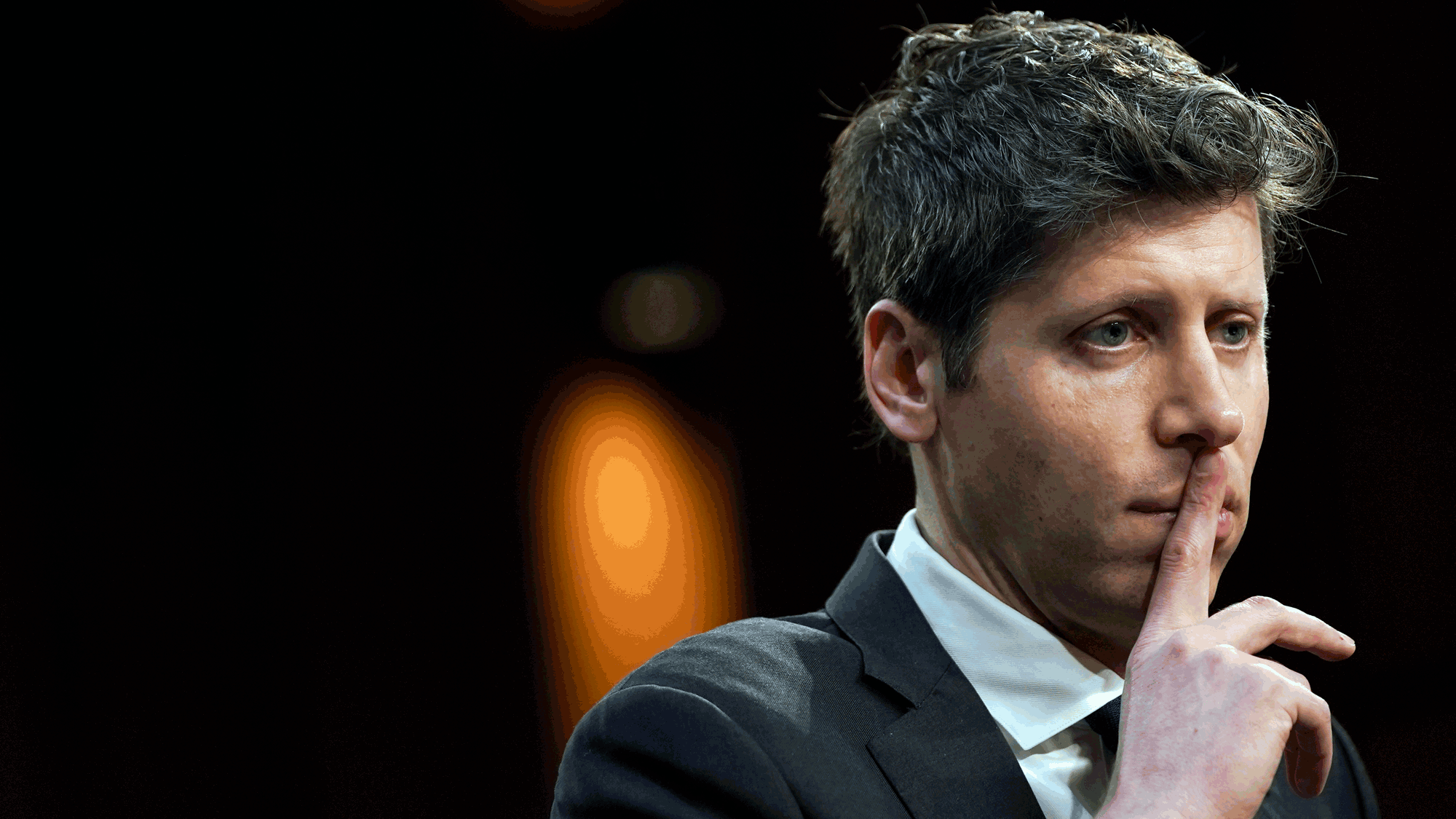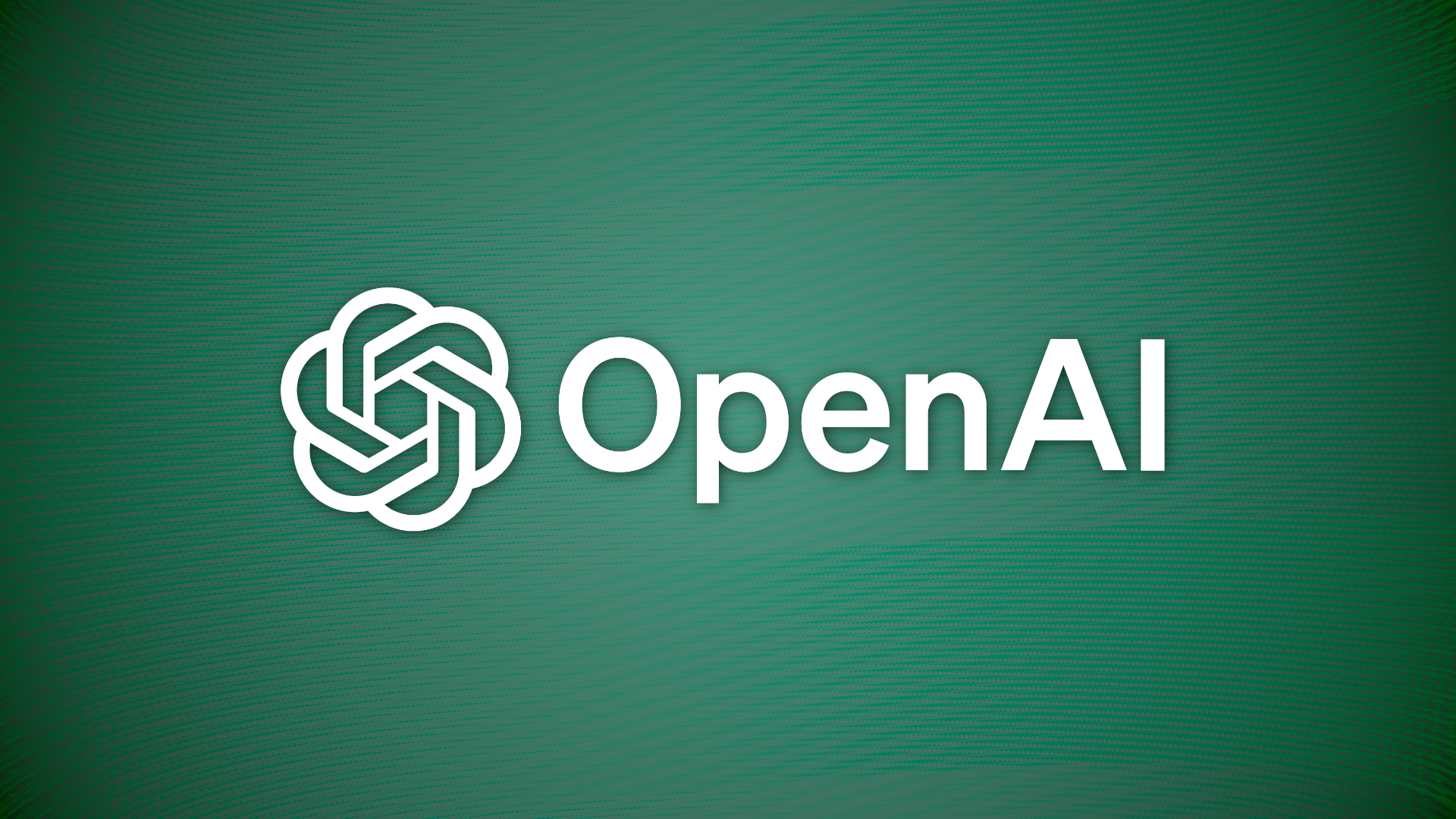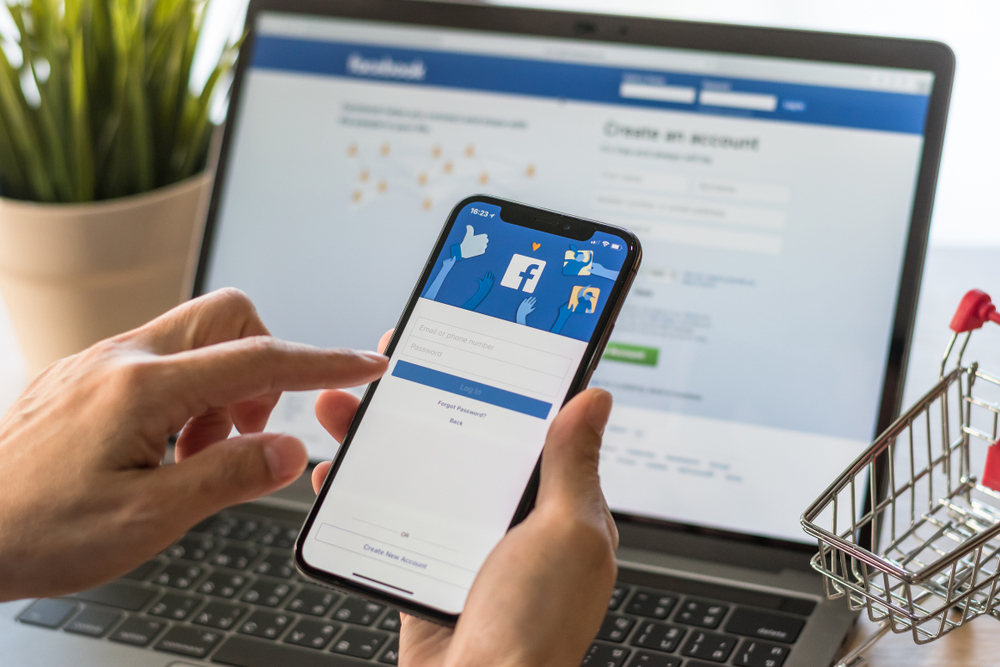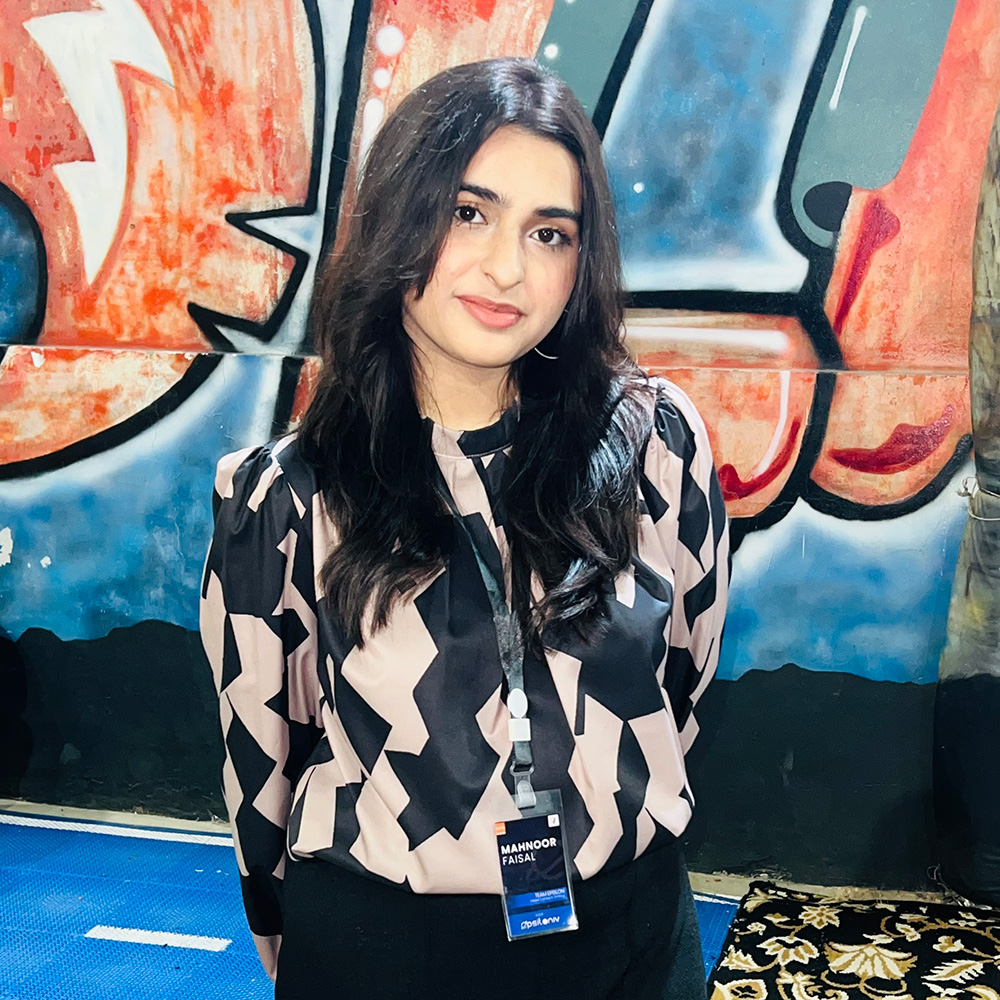Why OpenAI engineers are turning down $100 million from Meta, according to Sam Altman
Altman says Meta misses the point.

Sign up to receive The Snapshot, a free special dispatch from Laptop Mag, in your inbox.
You are now subscribed
Your newsletter sign-up was successful
OpenAI CEO Sam Altman says competitors, particularly Mark Zuckerberg’s Meta, have been trying to poach OpenAI engineers with sky-high compensation packages.
“They started making these, like, giant offers to people on our team. You know, like $100 million signing bonuses and more than that in compensation per year,” Altman said this week on the Uncapped podcast, hosted by his brother, Jack Altman.
Altman said he was glad to see that those enticing offers haven’t worked on OpenAI’s best people. He assumes this is because they looked at the two paths, Meta and OpenAI, and concluded that the latter has a better shot at delivering on superintelligence and will eventually become the more valuable company.
Amid the digs, Altman said Meta is missing the one thing that truly matters in AI: a culture of real innovation.
Altman doesn’t think Meta’s money-first mindset will work
“There are many things I respect about Meta as a company, but I don’t think they’re great at innovation,” said Altman, when discussing Meta’s attempts to lure OpenAI engineers.
He explained that by trying to recruit OpenAI staff with massive guaranteed compensation packages, Meta is essentially building a culture that prioritizes money over the work and mission. He believes that focusing on money rather than purpose and product is a recipe for the wrong kind of culture.
Altman contrasted this with OpenAI’s approach, which he said attracts and retains talent by aligning financial incentives with a shared sense of purpose and innovative work.
Sign up to receive The Snapshot, a free special dispatch from Laptop Mag, in your inbox.
“The special thing about OpenAI is we’ve managed to build a culture that is good at innovation, and I think we understand a lot of things they don't know about what it takes to succeed at that,” he explained further.
Drawing a parallel to past tech rivalries, Altman recalled hearing Zuckerberg discuss how Google tried to enter the social media space in the early days of Facebook.
However, to those at Facebook, it was clear that it wasn’t going to work for Google. Altman said he now feels similarly about Meta’s approach to AI, suggesting that Meta is making an error by trying to replicate OpenAI’s success directly.
Meta sees ChatGPT as the a Facebook replacement, says Altman

He even discussed how he believes many people at Meta simply copy OpenAI. Altman explained this with an example of how many other companies' chat apps resemble ChatGPT, down to the UI mistakes.
He drew from his own experience to argue that the copy-and-paste strategy is fundamentally flawed, and that trying to go where your competitor already is, instead of building a culture around innovation, rarely works.
When asked why he thinks Meta sees OpenAI as such a competitor, Altman mentioned how an ex-Meta employee once told him that Meta views ChatGPT as a Facebook replacement. He explained that the user experience with ChatGPT felt different, like one of the few tech products that didn’t feel “somewhat adversarial.”

He contrasted this with Google, which he said has started showing worse search results, and with Meta’s products, which try to hack users' brains to keep them scrolling. Instead of doing either, ChatGPT simply tries to help users with whatever questions they may have, and even help them feel better.
Beyond discussing Meta, the Altman brothers talked about a wide range of topics related to the future of AI, OpenAI’s strategy, and even Sam’s personal reflections.
Altman made a “crazy claim” that AI will discover new science, and that humanoid robots are one of his dreams — something he thinks will be achievable within the next 5 to 10 years.
More from Laptop Mag

Mahnoor Faisal is a freelance tech journalist who began her professional writing journey in 2021. While she got her start as an iOS writer, she’s expanded her beat over the years and now focuses on both the mobile and laptop side of the tech world. Her work has appeared across outlets like MakeUseOf, XDA Developers, MUO, SlashGear, Android Police, The Mac Observer, and, of course, Laptop Mag.
Mahnoor’s an Apple enthusiast at heart but loves reporting on all things tech. When she’s not writing or cramming for another college exam, you’ll find her either mindlessly scrolling through TikTok for hours like every other Gen Z-er or hanging out with her friends.

